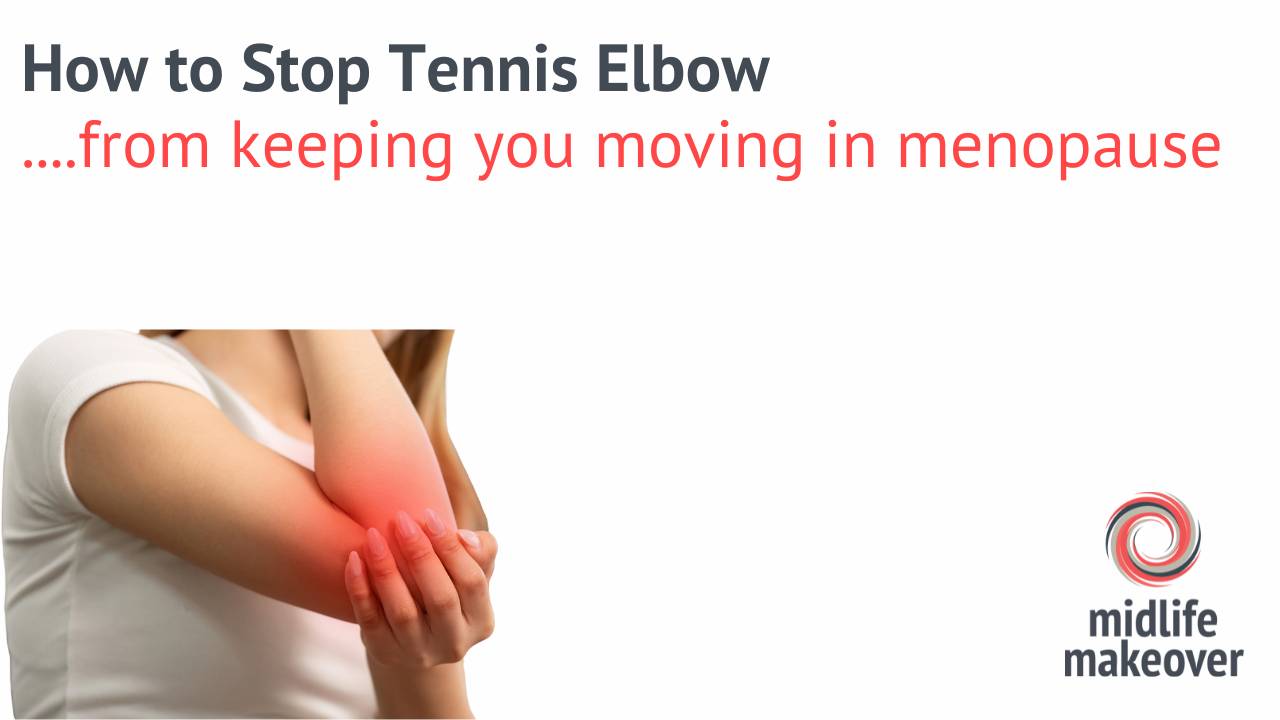Osteoporosis and the Menopause
Mar 06, 2021
Osteoporosis is a bone disease. The word means “porous bones.”

Bone is a living tissue which has the ability to grow and repair. From the tiny soft bones that a baby is born with to the strong bones of adulthood, our bones are constantly changing.
Around our mid 20’s your bone the most dense, and shockingly by the time we hit our mid 30’s it’s ability to replace old bone with new, declines.
Healthy bone has small spaces inside it, like a sponge or honeycomb. When someone gets Osteoporosis the size of these spaces increases which causes the bone to lose strength and density meaning that the likelihood of a fracture ( when you break a bone ) increases.
This is a global problem, not just in our Western world, 1 in 3 women and 1 in 5 men aged fifty years and over are at risk of an osteoporotic fracture - in fact statistics state that an osteoporotic fracture is estimated to occur every 3 seconds.
The most common fractures associated with osteoporosis occur at the hip, spine and wrist. The likelihood of these fractures occurring, particularly at the hip and spine, increases with age in both women and men.
If the break happens to one of the vertebrae or a hip, it is much more of a problem than a wrist or ankle. Spinal fracture can lead to a loss of height and ongoing back and that strange stooped stance often known as a Dowager's Hump.
A break of a hip bone may need surgery and can result in a period of inactivity, loss of independence and sadly, death.
1 in 3 women and 1 in 5 men aged fifty years and
over are at risk of an osteoporotic fracture.
Menopause, is another cause of osteoporosis because Oestrogen has a bone protective effect. As our levels naturally decline, so does that protection.
The good news is - you can do much to help prevent and even REVERSE the situation by including regular weight bearing exercise in your life.
Exercise such as ........
-
Walking - briskly
-
Jogging
-
Running
-
Climbing the stairs
-
Dancing
-
Resistance exercise at a gym or a class with weights, machines or bands.
-
Body weight exercise such as Pilates and Yoga
Whilst swimming and cycling are great exercise for your heart they are not weight bearing so they don’t help reverse osteoporosis.
It is the action of the muscles pushing and pulling on your bones which is thought to increase the formation of new bone. In addition to the new bone tissue you will also develop stronger muscles which will support your skeleton better and probably improve your balance meaning you are less like to fall and fracture a bone again.
What about eating lots of dairy to keep strong bones?
It is commonly believed that eating a diet high in dairy produce is vital but in fact there are other foods which will not only help your bones, but provide an array of other nutrients too.
-
Green leafy vegetable, kale, chard, bok choy, Chinese cabbage are all great.
-
Sweet potato has high levels of magnesium and potassium which can help with vitamin d levels.
-
Grapefruit or oranges
-
Figs
-
Salmon - especially canned
-
Non dairy ‘milk’
-
Tofu
-
Prunes
The most important vitamin and minerals for bone health are calcium and vitamin D. Your body needs calcium to maintain strong bones, and it needs vitamin D to absorb calcium. Other nutrients that promote bone health include protein, magnesium, vitamin K, and zinc.
Hundreds of years ago when our soil hadn’t been overly farmed, the vegetables it produced were brimming with nutrients. Now farming means that even the freshest carrot may not contain all that you thought it would. Consider shopping at farmers markets, ask friends who grow their own veg if you could buy or swap for some - or get an allotment and start your own vegetable plot!
If you feel that your diet doesn’t give you the right amount of these consider supplementing - please get advice before you buy though.
Looking for a class to help you reduce the risk of Osteoporosis -
take a look at my Abs, Arms and Arse classes.






